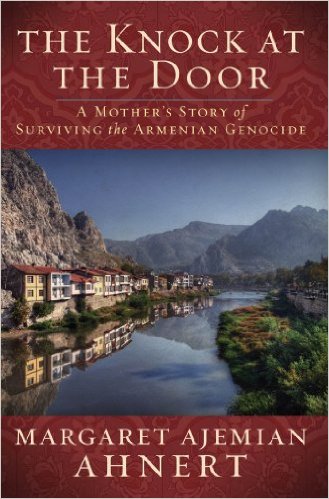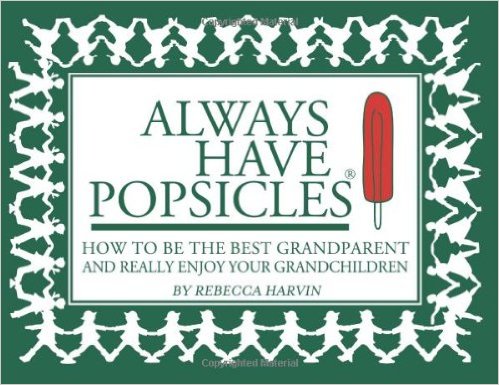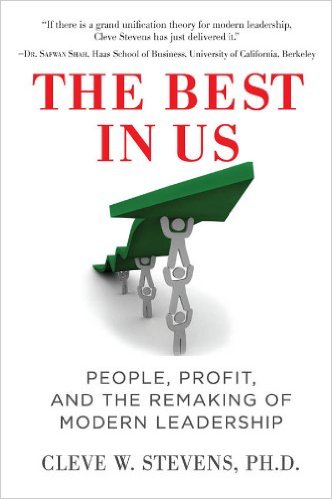 In my first blog post, I made a [partially] joking reference to the day when “the internet explodes.”
In my first blog post, I made a [partially] joking reference to the day when “the internet explodes.”
“Besides, I always wonder about how the ever-growing ether of the internet has given rise to this mass transfer of our whole lives into an intangible sphere, and what happens when the internet just explodes? Where do our whole internet lives go? This is why I love paper. Remember when everyone stocked up on food and supplies in fear of Y2K? That was funny.” (January 13, 2012)
Well, I’m not the only one who is terrified by the notion of “the cloud” and, quite literally, a virtual reality. I love Flavorwire’s interesting tidbits and there I came across the endeavor of one Brewster Kahle. Kahle has put over $3 million dollars into creating The Physical Archive of the Internet Archive. You can read the full article on the Physical Archive in the NYTimes here
Kahle wants to collect one copy of every book from the twentieth century—a huge endeavor! When the internet apocalypse comes, Kahle hopes to be ready. As you can read in the Times, some critics think the idea is lame; I mean, what could ever possibly happen to the internet? We know exactly what we’re doing with all of our technology, so that just won’t happen!
Well, to each her or his own, but everything in this world is ephemeral. Yes, this goes for the bound book and the brilliance of the computer and the internet. One day, all will fade (sorry to be such a downer). I suppose it’s just a matter of what will go first. Will the cord of the interwebs be cut or will the world’s largest book-bonfire occur first? Hmm, let’s see, archeologists can find texts written thousands of years ago…maybe the ancient Greeks had the internet too and there’s just no record of it because the internet is its own record of itself…yeah, okay, definitely not.
But seriously, why rain on Kahle’s parade? He’s really just making the world’s largest and most comprehensive time capsule. I like the idea (of course). One day all will fade, but we can try to preserve these things for as long as we can, you know, for posterity. Just think, Euripides is believed to have written over 90 plays, and we only have 18 of them in full. I know a number of frustrated classicists who bewail this fact. Maybe someday people will want to read what we wrote. Isn’t that what most authors like to think? Certainly James Joyce did:
“Remember your epiphanies written on green oval leaves, deeply deep, copies to be sent if you died to all the great libraries of the world, including Alexandria? Someone was to read them there after a few thousand years, a mahamanvantara…When one reads these strange pages of one long gone one feels that one is at one with one who once…” [Ulysses])
So, really, what do you think would happen if the internet died? Here are some funnies depicting “If the internet disappeared today.”
I mean, really? Just hypothetically. I’m really not a crazy internet fatalist (yea, I think I just made that term up now).
Your New Beau.










